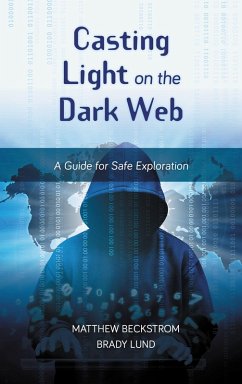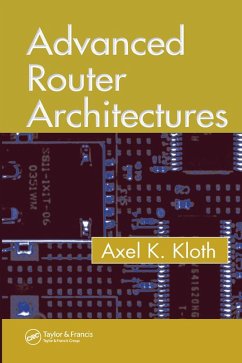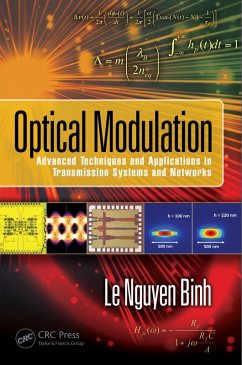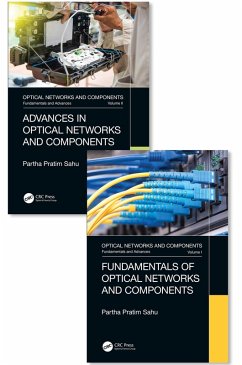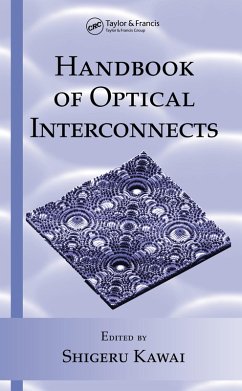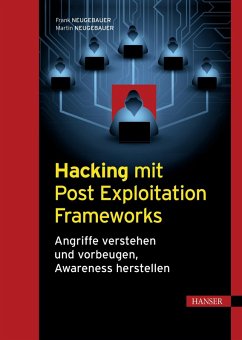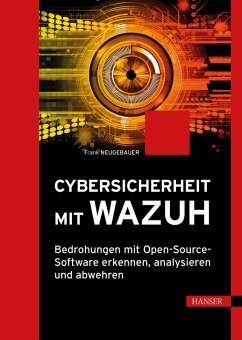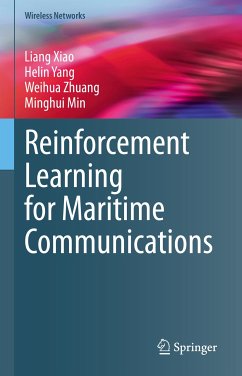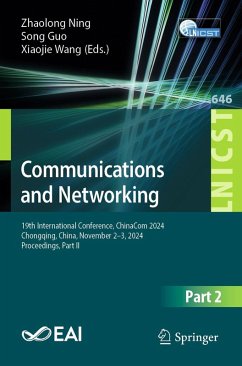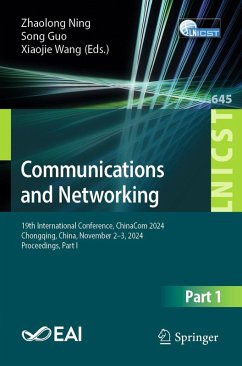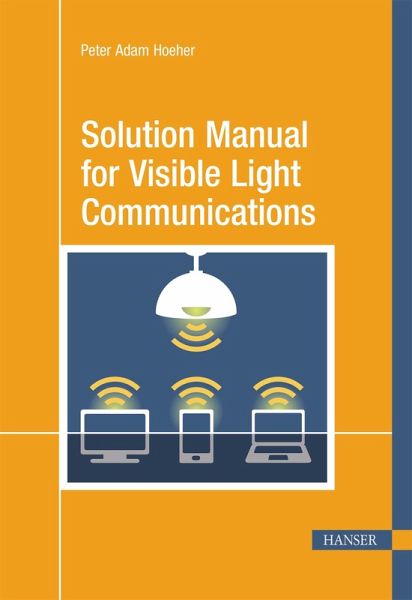
Visible Light Communications (eBook, PDF)
Solutions Manual

PAYBACK Punkte
0 °P sammeln!
Visible Light Communication (VLC) is an emerging wireless data transmission technology. Light is used simultaneously for illumination as well as for communication and /or positioning purposes. If fully networked, dubbed Li-Fi, VLC systems complement Wi-Fi access points. VLC is an incident of optical wireless communications (OWC). OWC systems provide high data security, are license-free, and may substitute radio systems when these either fail or are not permitted. VLC technology enhances smart lighting infrastructure and Internet-of-Things (IoT) use cases. LED-based Car-to-X communication is an...
Visible Light Communication (VLC) is an emerging wireless data transmission technology. Light is used simultaneously for illumination as well as for communication and /or positioning purposes. If fully networked, dubbed Li-Fi, VLC systems complement Wi-Fi access points. VLC is an incident of optical wireless communications (OWC). OWC systems provide high data security, are license-free, and may substitute radio systems when these either fail or are not permitted. VLC technology enhances smart lighting infrastructure and Internet-of-Things (IoT) use cases. LED-based Car-to-X communication is an enabling platform towards autonomous driving. This workbook complements the textbook "Visible Light Communications: Theoretical and Practical Foundations" and the exercises therein. The following areas are covered: OWC applications, fundamentals of illumination engineering, channel modeling, optical intensity modulation schemes, VLC standardization efforts, the software-defined radio concept, selection criteria of photonic devices, fundamental circuit designs, and visible light positioning. The solutions manual is written for students and lecturers in electrical and information engineering or adjacent areas, as well as for engineers, information scientists, and physicists in research and development.
Dieser Download kann aus rechtlichen Gründen nur mit Rechnungsadresse in A, D, L ausgeliefert werden.




